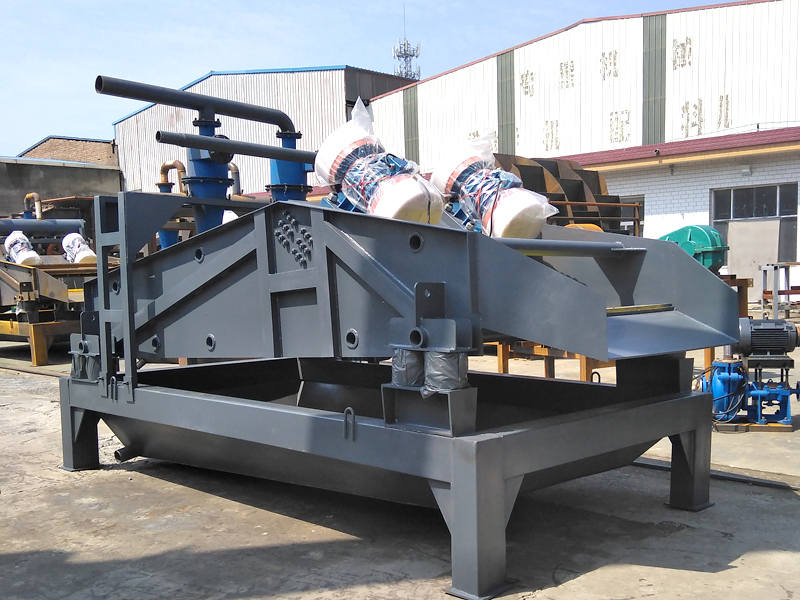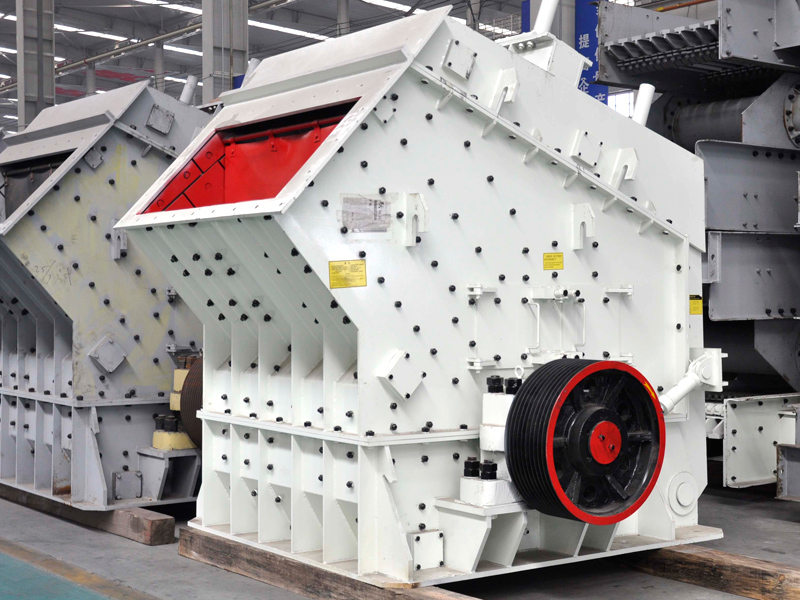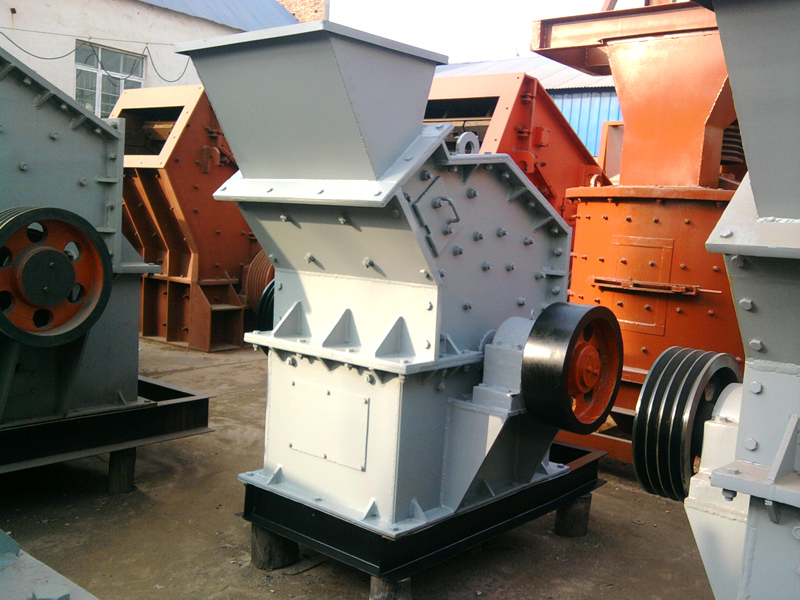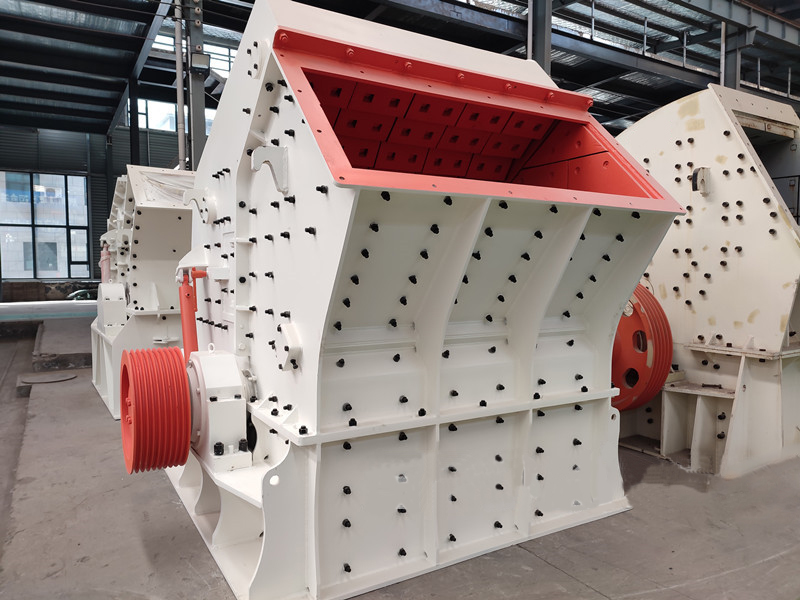Popular searched products:
In the sand washing production line, the problem of fine sand loss is inevitable. According to statistics, each sand washing production line loses about 5%-25% of fine sand. In the long run, the losses are staggering. If this fine sand is recycled, the profits will be considerable. But in fact, the loss of fine sand from the sand washing machine not only causes economic losses. Impurities such as aniseed sand and dust in sand washing wastewater will also pollute the environment. At the same time, they will also seriously affect the quality of the sand, causing unreasonable gradation and excessive fineness modulus. How to control the loss of fine sand, improve economic benefits, and reduce Environmental pollution is a problem faced by most sand making plant operators. How to deal with the loss of fine sand in wheel sand washing machine?
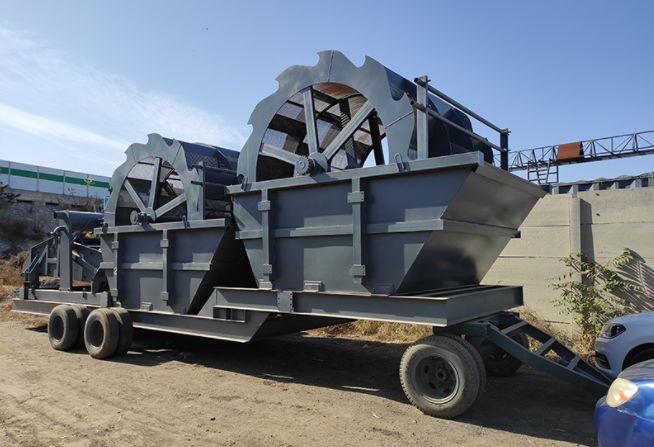
1. Configure fine sand recovery machine
As the name suggests, fine sand recovery machine is a commonly used fine sand recovery equipment. It needs to be used in conjunction with a wheel sand washing machine to recover the large amount of fine sand lost by the sand washing machine in the traditional sand making industry. It not only improves economic benefits but also reduces tailings. The cost of disposal and the pollution and damage to the environment caused by the loss of fine sand.
When the fine sand recovery machine is used in a sand and gravel plant, its main function is to wash sand and separate sediment, so it is also called a fine sand dehydrator, a sediment separator, and a sediment extraction machine; when it is used in a mineral processing plant, its main function is to recover tailings. Therefore, it is also called tailings recycling machine.
2. Equipped with dewatering screen and fine sand recovery machine
The dewatering fine sand recovery machine is divided into two systems: dehydration and recovery. The dehydration part includes a dehydration screen and a vibration motor, and the recovery part includes a vacuum high-pressure pump, motor, high-pressure separator, return water tank, and cleaning tank.
Generally installed directly at the rear of the wheel sand washing machine. The sand washed out by the sand washing machine can be cleaned twice, and the waste water discharged by the sand washing machine can be separated. It fully solves the shortcomings of the sand washing machine (such as: the finished product contains a large amount of water, mud, dust, impurities that are difficult to remove, etc.) and greatly improves the quality of the finished product.
Double wheel sand washing machine dewatering fine sand recovery machine
Fine sand loss problem, fine sand recovery machine, fine sand recovery equipment
In addition to the above two methods, the new wheel-type sand washing and recovery all-in-one machine perfectly solves the problem of fine sand loss in traditional wheel-type sand washing machines. The new heavy-duty wheeled sand washing and recycling all-in-one machine is carefully designed by our company based on the current needs of users and the market. Fine sand recovery equipment designed and manufactured by integrating sand washing, dehydration, fine sand recovery and other technologies. It solves the problems of high loss rate and unreasonable gradation during the sand washing process, and achieves high work efficiency. It has the characteristics of high height, reasonable structure, small footprint and low operating cost.
Equipment structure
The overall structure of the wheeled sand washing and recycling machine is divided into the transmission part - motor, vibration motor, reducer, high-pressure separator, etc.; the operating part - impeller separator, sand washing machine cleaning box, fine sand cleaning box, high return water tank, etc. ; Other components include dehydration screen, discharge port and other components.
work process
1. The sand-water mixture enters the cleaning box of the sand washing machine and is separated by the impeller separator, and then the qualified materials enter the lower dewatering screen for dehydration treatment;
2. The wastewater overflowing from the cleaning tank (containing a large amount of fine sand, mud, dust and other impurities) is transported to the high-pressure separator through a vacuum high-pressure pump, and then the fine sand after centrifugation, classification and concentration is discharged into the upper layer of the dewatering screen through the sand settling spout;
3. The wastewater, mud, dust, impurities, etc. in the cleaning box pass through the overflow port of the high-pressure separator and are discharged into the high return water tank. The upper layer produces coarse sand for the finished material, and the lower layer produces fine sand for the finished material, or coarse and fine sand. Mix out (can be adjusted according to user requirements).
Related Reading
- To improve the sand and gravel technology, save energy and increase efficiency, and improve the quality of sand production, you should read this article carefully!
- There are four methods for recycling fine sand. Do you know them all?
- What are the commonly used sand washing equipment? What should you pay attention to when purchasing sand washing machine equipment?
- Operation plan of mud treatment system in sand washing field
Product show
Product
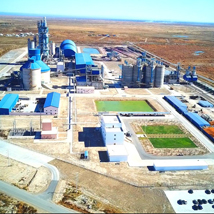


 Source:
Source: Time:2024/04/26 09:32:05
Time:2024/04/26 09:32:05